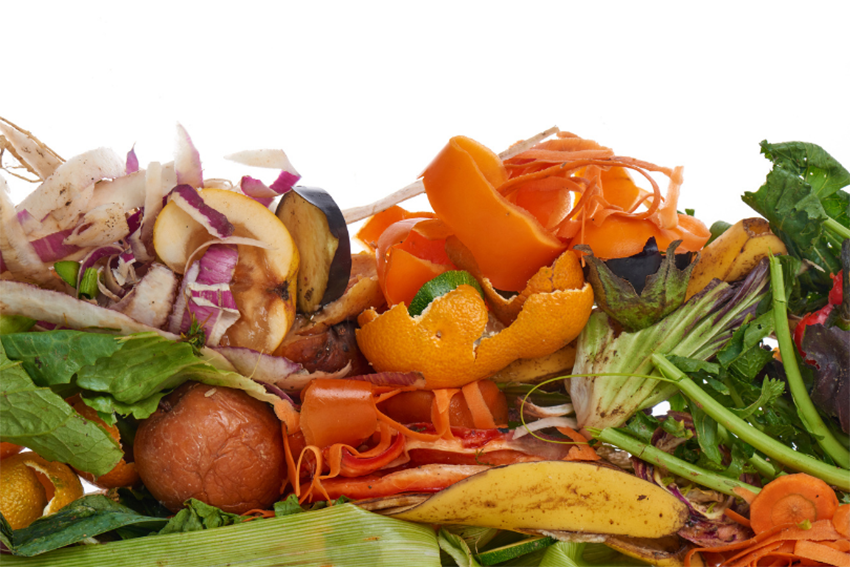 A new food waste service will be introduced in Queenscliffe from August
A new food waste service will be introduced in Queenscliffe from August The Food Organics and Garden (FOGO) Kerbside Service is a requirement on all local governments under the Victorian Government’s new Circular Economy Act, and according to Mayor Ross Ebbels, will deliver economic and environment benefits.
“By composting our food and green waste, we’re avoiding expensive landfill taxes and the greenhouse gases emitted from organic matter when it’s buried in a landfill,” Cr Ebbels said. “I’m excited to start processing our food waste in a way that’s better for the budget, better for the planet and better for our community.”
Households will receive a bench top bin caddy and a larger 240 litre recycling bin to help with the transition. They will also receive detailed information on how to sort waste.
Under the new act, a fourth bin, for glass, will be also be introduced at a later stage.
A recent bin audit showed food waste accounted for almost 40 per cent of residents’ household waste.
From July 1, the Victorian Government will be increasing food waste at $125.90 per tonne.
“Every tonne of waste we don’t send to landfill is a tonne of waste we don’t have to pay the Victorian Government’s landfill tax on. With this tax increasing every year, these costs will add up for ratepayers if we don’t manage our waste more sustainably,” Cr Ebbels said. “Composting our food waste will be cheaper for our residents over the long term by avoiding these landfill taxes.”
Under the changes:
- The new FOGO 240L bin will be collected weekly
- Kerbside landfill bins (120L) will be collected fortnightly
- Kerbside co-mingled recyclables (140L) will be collected fortnightly
- A yet-to-be introduced kerbside glass bin (140L) will be collected once a month
“We’ll be sending out lots of information and holding interactive presentations to ensure our residents are supported through the transition.
“I’m looking forward to working with our community in the coming months to make this rollout a success,” he said.
The Council recently joined other G21 councils in signing up to Barwon Water's Regional Renewable Organic Network (RRON) project - a new facility capable of collecting and processing organic waste into compost and fertilisers.